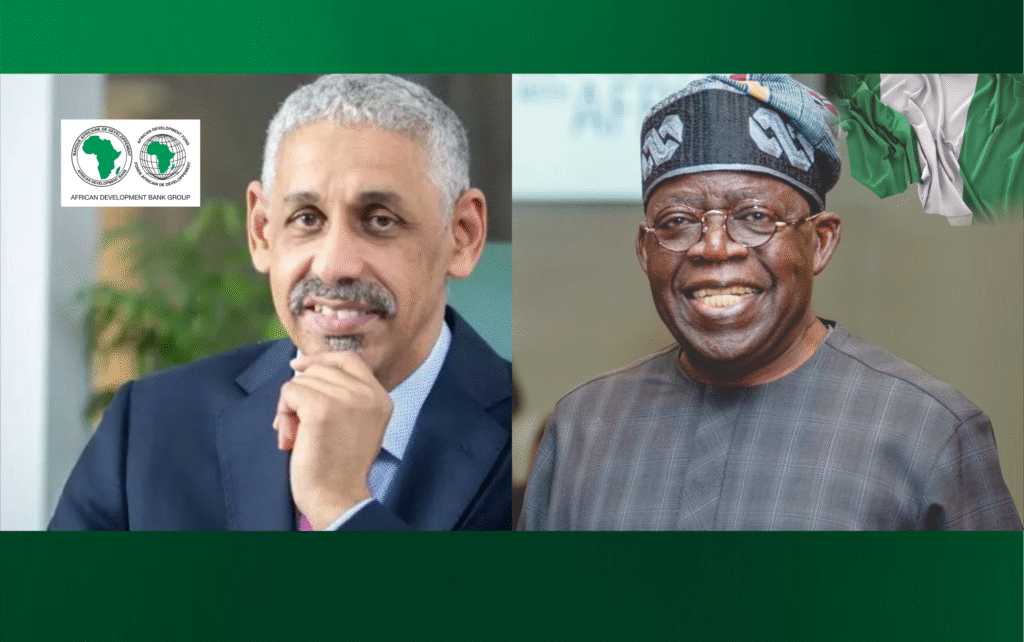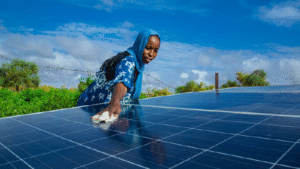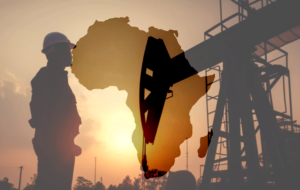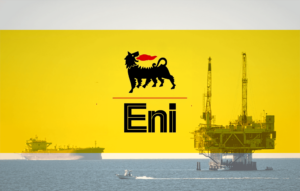Nigeria secures $500m AfDB Loan to Drive Energy Transition and Strengthen Economic Governance

Nigeria’s push to rebuild confidence in its economy and accelerate a long-delayed energy transition has received a major boost after the African Development Bank Group (AfDB) approved a $500 million loan to support wide-ranging fiscal and power-sector reforms.
The loan was approved for Nigeria by AfDB’s Board of Directors in Abidjan, as the second phase of the Economic Governance and Energy Transition Support Programme, covering fiscal years 2024 and 2025. It aims to address two of Nigeria’s most persistent challenges: declining public revenues and chronic energy shortages that have slowed growth, discouraged investment and limited opportunities for millions.

Abdul Kamara, Director General of the AfDB’s Nigeria Country Office, said the new phase would “stimulate inclusive growth” by deepening structural reforms and consolidating gains from the programme’s first phase. “This is about building a stronger, more transparent economy that works for citizens while preparing Nigeria for a cleaner and more resilient energy future,” he noted.
The programme’s first pillar focuses on fiscal governance, a long-standing pressure point for Africa’s largest economy. By strengthening public financial management, improving transparency in spending, and boosting non-oil revenue collection, the reforms are expected to free up funds for social services, state-level development, and infrastructure projects that directly affect everyday life.
Economists say these measures could help restore public trust in government spending and reduce Nigeria’s dependence on volatile oil revenues, as an important step toward long-term stability.
The energy component addresses an issue that affects Nigerians daily: erratic electricity supply. The AfDB funding will support reforms to reduce energy poverty, improve sector governance, and attract long-term private investment in generation, transmission and distribution. Improved power reliability would lower production costs for businesses, reduce household spending on generators and expand access for underserved rural communities.

A third pillar targets Nigeria’s energy transition plan, including climate-adaptation measures and the introduction of energy-efficiency standards for appliances. The updates to Nigeria’s Nationally Determined Contribution (NDC) for the 2026–2030 period will guide the country’s climate commitments and investment priorities.
In view of environmental benefits, cleaner energy systems could offer new economic opportunities such as solar installation jobs, green-tech manufacturing, etc., helping Nigeria compete in emerging industries.
By tying financing to clear policy actions, the AfDB is encouraging continuity of reforms across different levels of government. As this loan will strengthen the federal government’s reform agenda, at a time when public expectations are high and economic pressures remain. Socially improving living conditions by unlocking resources for health, education and community infrastructure. While giving state governments a better environment to attract public-private partnerships.
Businesses are also poised to gain from a more predictable investment climate, especially in the power and renewable-energy sectors.
As of 31 October 2025, the AfDB’s active portfolio in Nigeria included 52 projects worth $5.1 billion, making the country one of the bank’s largest partners on the continent.






